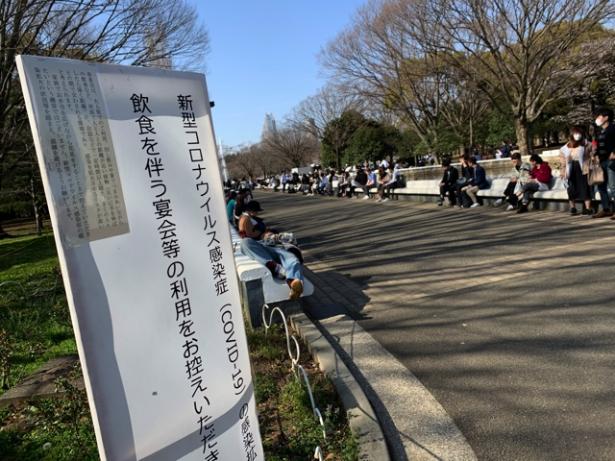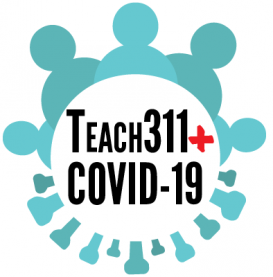The Teach311 + COVID-19 Collective (www.TeachCOVID-19.org) consists of educators, researchers, artists, students, and survivors spanning disciplinary and linguistic boundaries who study and teach about disasters. The Collective uses a collaborative process of research, learning and teaching to empathically inquire into crises of the past.
Following the original remit to examine the past in order to make meaning out of the enduring effects of and recovery from the disastrous aftermath of the seismic, tsunami, and nuclear disasters that occurred in Japan on March 11, 2011, the work undertaken by the collective has sought to understand both the endurance and fragility of wisdom alongside the actions that constrain or mobilize scientific and technical knowledge. Research and outreach are organized in tandem, around the goal of comprehending historical disasters in global Asia and beyond. Deliberate pairing of research and outreach in the design of the projects within the Collective facilitates a means to teach about disaster histories empathically in the present––and, in turn, to share those disaster stories and build a path toward a better shared future.
The creation of pedagogically enriching material is carried out by history students, scholars, and educators in the Teach311 + COVID-19 Collective as they learn together—and with respect for those who have lived through disasters and endured trauma. The relevance of the past guides this collective inquiry, even as we all are living and working with the current pandemic crisis. The COVID-19 pandemic has made the rendition of the Collective operate as a motor propelling the Education stream of the MPIWG project entitled History of Science ON CALL, which collates and disseminates educational resources related to COVID-19. In addition, the collaborations stemming from the Collective help to locate and responsibly amplify and learn from the voices of students and scholars located in the Global South or areas challenged by censorship, in order to help increase solidarity within and for the humanities.

Yoyogi Park sign discouraging cherry-blossom viewing parties from gathering in order to help reduce the COVID-19 infection rate. Tokyo, 21 March 2020. Photo courtesy of Nathaniel M. Smith.
Teach311.org began in 2011 as a joint project of the Forum for the History of Science in Asia and the Society for the History of Technology Asia Network and is currently expanded in collaboration with the Max Planck Institute for the History of Science (Artifacts, Action, Knowledge) and Nanyang Technological University-Singapore.

